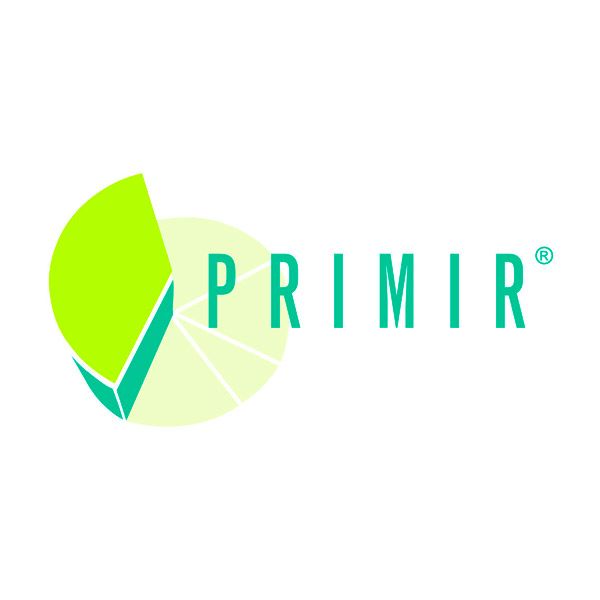The Aroma Performance Global Business Unit (GBU), part of the Solvay group, includes Rhodia’s diphenol and fluorinated intermediates operations, comprising three main Business Units :
- Aroma ingredients: flavorings and fragrances for the food and perfumery markets (with its flagship vanillin and ethyl-vanillin product line sold under Rhovanil® and Rhodiarome® brand names), produced via a fully-integrated manufacturing chain using best-in-class “green” processes;
- Inhibitor solutions: monomer stabilizers and polymerization control agents for the petrochemical industry and for polymers intended for such end-markets as construction, automotive and consumer care;
- Crop protection, health and specialties (CPHS): intermediates and molecules for the crop protection, pharmaceutical and electronics markets.
This business unit (CPHS) is producing a high value fluorinated additive, generally used as an equivalent for metal salts or ionic liquids in different fields, such as the latest generation of lithium batteries. In the process of identification of new value applications, an interesting antistatic property was recently emphasized for this product and validated with some commercial successes in this area.
Therefore, in the process of intelligence gathering for mid-term corporate strategy definition, Rhodia requested a study from Daydream, focusing on China, Taiwan, Japan and Korea. The target was primarily to confirm the technical interest of this additive in the flat panel manufacturing industry, by the means of technical discussion and interviews to key stakeholders of this industry. The second step was to estimate the potential of this additive in terms of volumes for the industry, forecasts, positioning and possible other technologies break-through.
The final step consisted in a soft launch of the product by contacting players of the value chain and creating an opportunity pipeline.
One of the key difficulties overcome during this challenging, high value niche market study, was to open the discussion with Japanese and Korean companies, in a context where technological competitiveness is the warranty of success in this very concentrated and IP concerned world.
Part of the success came from the very close relation between Rhodia and Daydream teams, developed during the project and which allowed frequent brainstorming and analysis on the information collected. The other part of the success came from the in-house methodology based on a multi-level approach on the value chain, and which allowed to cross-cut information efficiently.
The commercial professionalism and the methodology developed by Daydream were absolutely essential in the success of this strategic development for Aroma Performance in Asia.








